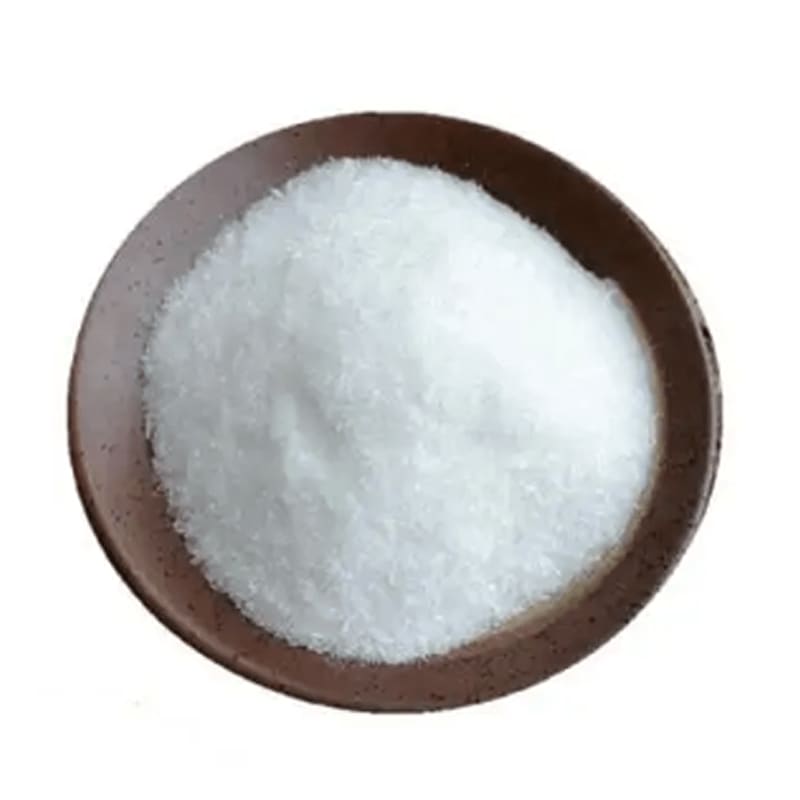
本身,字数在1000字左右,文章要专业、严谨、有深度,适合健康饮食和食品行业专业人士阅读
html
Low-Calorie Organic Isomaltitol: A Healthy Sugar Alternative
Introduction
In the quest for healthier sugar alternatives, organic isomaltitol has emerged as a promising option. This low-calorie sweetener offers the sweetness of sugar without the associated calorie load, making it an attractive choice for health-conscious consumers and food manufacturers alike. As the demand for clean-label, organic ingredients grows, isomaltitol’s natural origins and functional benefits position it as a standout in the sugar substitute market.
What Is Organic Isomaltitol?
Keyword: organic isomaltitol Low Calorie
Isomaltitol, also known as isomalt, is a sugar alcohol derived from beet sugar. The organic variant is produced from sugar beets grown without synthetic pesticides or fertilizers, adhering to strict organic farming standards. Chemically, isomaltitol is a disaccharide composed of glucose and mannitol, created through enzymatic conversion of sucrose followed by hydrogenation.
Unlike artificial sweeteners, isomaltitol occurs naturally in small amounts in some foods and is classified as a polyol. Its molecular structure gives it unique properties that make it particularly useful in food applications where sugar-like characteristics are desired.
Nutritional Profile and Health Benefits
Caloric Content
One of isomaltitol’s primary advantages is its low caloric value. At just 2 calories per gram (compared to sugar’s 4 calories per gram), it provides approximately half the energy of sucrose. This makes it particularly valuable for weight management and diabetic diets.
Glycemic Impact
Organic isomaltitol has a glycemic index (GI) of only 2, compared to sucrose’s GI of 65. This minimal impact on blood glucose levels makes it suitable for people with diabetes or those following low-carb diets. Clinical studies have shown that isomaltitol doesn’t stimulate insulin secretion, further supporting its use in diabetic food products.
Dental Health
The European Food Safety Authority (EFSA) has approved health claims stating that isomaltitol, like other sugar alcohols, doesn’t promote tooth decay. In fact, it may help reduce the risk of dental caries by not being fermented by oral bacteria that cause cavities.
Functional Properties in Food Applications
Sweetness Profile
Isomaltitol provides about 50-60% of the sweetness of sucrose, with a clean, sugar-like taste profile free from bitter or metallic aftertastes common with some artificial sweeteners. This makes it particularly useful in products where taste quality is paramount.
Thermal Stability
Unlike many sugar substitutes, isomaltitol is highly heat-stable, making it suitable for baked goods and other thermally processed foods. It doesn’t caramelize like sugar but maintains its structure at high temperatures.
Hygroscopic Properties
Isomaltitol is less hygroscopic than sugar, meaning it absorbs less moisture from the air. This property extends the shelf life of products by preventing unwanted softening or crystallization.
Bulking Agent
With similar volume and texture to sugar, isomaltitol serves as an excellent bulking agent in reduced-sugar formulations, maintaining product structure and mouthfeel that other sweeteners often compromise.
Applications in the Food Industry
Organic isomaltitol’s unique properties make it versatile across multiple food categories:
- Confectionery